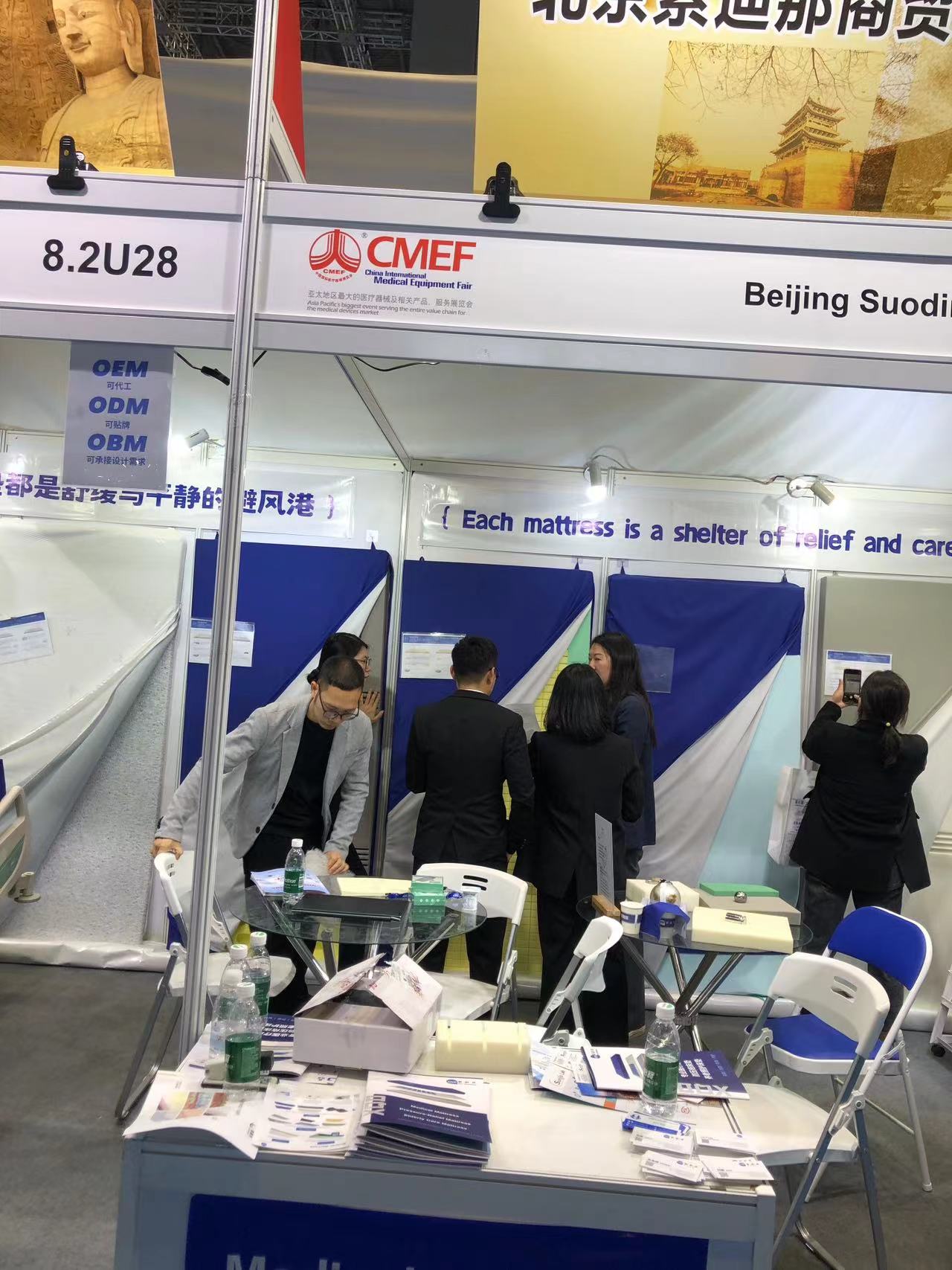hospital bed pads
The Importance of Hospital Bed Pads Comfort and Hygiene in Patient Care
In a hospital setting, patient comfort and hygiene are paramount to recovery and overall well-being. One fundamental yet often overlooked element that contributes to these aspects is the hospital bed pad. Hospital bed pads, also known as bed protectors or urinary pads, are specially designed to provide a protective barrier between the patient and the mattress. They play a crucial role in maintaining cleanliness and ensuring comfort for patients, thereby facilitating a smoother healing process.
Hospital bed pads are constructed from absorbent materials that can effectively manage moisture. This feature is particularly beneficial for patients who may suffer from incontinence, post-surgery complications, or other medical conditions that may lead to excess fluid production. By absorbing urine and other bodily fluids, these pads help prevent skin irritation and pressure sores, common issues faced by patients who spend extended periods confined to their beds. Maintaining skin integrity is essential, as it reduces the risk of infections and enhances the patient's overall comfort.
Beyond their primary function, hospital bed pads contribute to the cleanliness of the hospital environment. They are typically designed for easy disposal or washing, which simplifies laundry management in healthcare settings. The use of disposable pads can significantly reduce the spread of bacteria and hospital-acquired infections, safeguarding not only the patients but also the healthcare staff and other individuals within the facility. In contrast, reusable pads are often made with antimicrobial properties that further enhance their hygiene standards.
hospital bed pads

When selecting hospital bed pads, it is essential to consider the various options available. There are different sizes, absorbency levels, and materials to cater to diverse patient needs. For instance, heavier absorbency pads may be ideal for patients with more significant incontinence, while lighter options may suffice for those requiring minimal support. Moreover, the choice of material can impact comfort; soft, breathable fabrics are more likely to promote a pleasant resting experience.
Patient dignity is another critical factor addressed by hospital bed pads. Many patients may feel embarrassed about their incontinence or other medical issues, and the use of discreet, effective bed pads can alleviate some of these concerns. It allows patients to maintain a degree of privacy and comfort while receiving necessary medical care.
In conclusion, hospital bed pads are an integral component of patient care that enhances comfort, hygiene, and dignity in healthcare settings. By providing an absorbent barrier that protects the mattress and the patient’s skin, these pads play a vital role in preventing complications associated with prolonged bed rest. As hospitals continue to prioritize patient satisfaction and safety, investing in high-quality bed pads is a step towards fostering an environment conducive to healing and recovery. In the fast-evolving landscape of healthcare, these simple yet effective tools remain essential in delivering compassionate care that respects the dignity of every patient.
-
The Effect of Coconut Foam Mattress Breathability and Humidity Regulation on Improving Sleep QualityNewsJul.03,2025
-
How Wave Mattress Systems Improve Blood Circulation During ImmobilityNewsJul.03,2025
-
The Climate-Adaptive Sleep Revolution: Exploring the Benefits of Cooling Gel Memory Foam MattressesNewsJul.03,2025
-
Exploration of the Role of Coconut Foam Mattress in Preventing Bedsores in the ElderlyNewsJul.03,2025
-
Comparing Wave Mattress and Air Mattress: Which Is Better for Medical Use?NewsJul.03,2025
-
Analysis of Comfort and Environmental Performance of Natural Latex and Coconut Foam MattressNewsJul.03,2025
-
Multi-Layer Construction for Enhanced Performance in Gel Mattress PadNewsJun.24,2025

